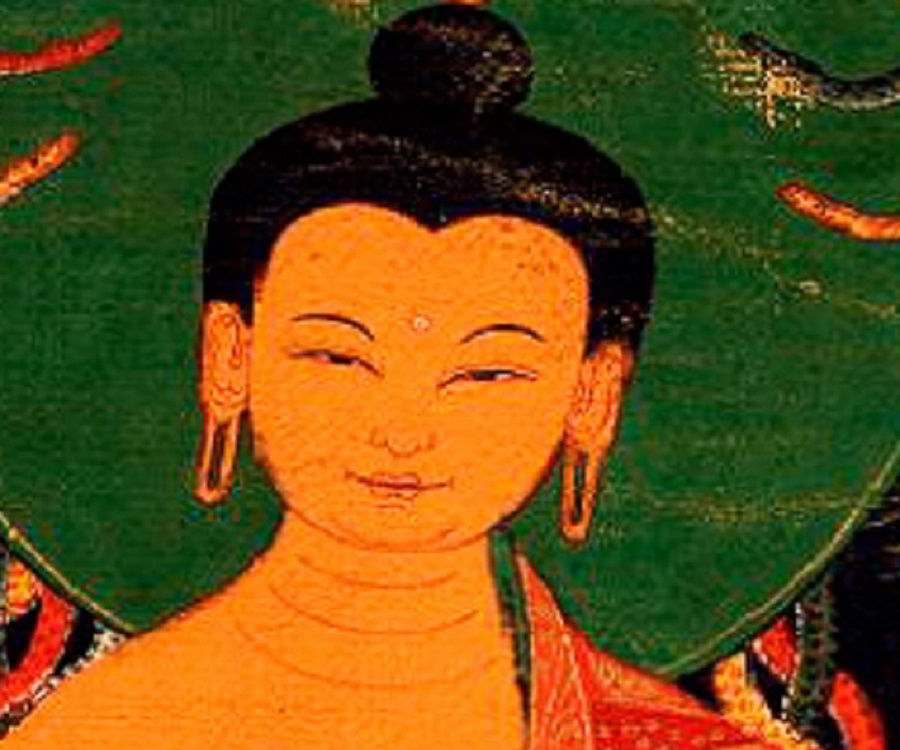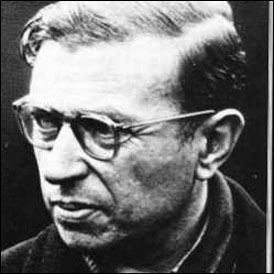Currently under
construction.
We're adding features,
and making the site
available on phones.
Bear with us...
A few things are working.
Try them out
Currently under
construction.
We're adding features,
and making the site
available on phones.
Bear with us...
A few things are working.
Try them out
Philosophy of Antonio Gramsci
Seven Short Video Lectures by Eric Hobsbawm. For a 90-minute film on Gramsci’s life done in Scotland for television, go HERE. For a 30-min BBC program, go HERE
THE SUBALTERN IN GRAMSCI By Andy Merrifield.
Gramsci saw the whole of the Italian “South” as a kind of goblin, as a character who got and keeps getting a bad rap, like Rumpelstiltskin. In late 1926, a month or so prior to his arrest, he was at work on a long essay about the Italian South, ‘Some Aspects on the Southern Question’. The piece was never completed; it was rudely interrupted; and while there’s a lot left dangling, there’s plenty for us still to glean. It’s important for uniting workers with peasants andf oppressed nationalities.
Socrates Would Be Pleased: With a class of college students and inmates, teaching philosophy in prison is a rowdy, honest and hopeful provocation. Access Here
The Communist Manifesto
The famous booklet by Marx and Engels in 10 Video Lectures. Access Here
Hegel and Marx
Three video lectures by Peter Singer, Princeton University. Access Here
How Hegelian was Marx? A contribution to the history of Marx and Young Hegelianism: An essay by Jason Devine. ACCESS PDF HERE
Marcuse and the Student Revolts of 1968: An Unpublished Lecture
From May 1968, never previously published in full, Marcuse discusses the student revolts in Paris and Berlin. Access Here

On Practice by Mao Zedong
On the Relation Between Knowledge and Practice, Between Knowing and Doing. Full text, 45 min audio. Access Here Also, ‘The contributions of Mao Zedong to Marxism-Leninism’ summarizes other works HERE
Alain Badiou. What is Philosophy? What Is To Be Done?
13 Video Lectures by the widely discussed French ‘post-Maoist’ mathematician and philosopher. Each lecture is 60-90 minutes long and can be viewed separately, in batches, or in total. FREE DOWNLOAD of ‘Time of Riots’ HERE For the videos, Access Here
Eastern Philosophy: A 3-Part Survey
What motivations underlie human behavior? This series examines the genesis of spiritual thought of nations including China, Japan & India. This philosophical journey examines the doctrines of Confucianism, Shinto, Hinduism, Buddhism, Judaism, and Islam. Part 2 and Part 3 are here. Part one to the right. Each is about 45 minutes. Access Here

Philosophy in America, American Philosophers
A 75-minute documentary film, in eight parts, surveying various questions of thought, but in the American grain, by several current American philosophers. For a deeper look at Charles Sanders Pierce as the ‘American Aristotle, go HERE. For the film, Access Here
Nagarjuna, Sunyata and Quantum Mechanics

A presentation by Georges Dreyfus, professor of religion at Williams College, on Nagarjuna, the ancient Buddhist master of dialectics.
 Sartre: ‘Human, All Too Human’ Episode 3 of the BBC series: ‘The Road to Freedom‘ describes the life of the French philosopher Jean-Paul Sartre. This is when the term existentialism begins to enter the realm of philosophy. The 45-minute documentary shows that Sartre believes it is up to each human being to give his or her life meaning and purpose, as well as his connection with Marxism. ACCESS HERE One of Sartre’s most widely read early works is ‘Existentialism Is a Humanism’ Here is a guide for students on the work and its times.
Sartre: ‘Human, All Too Human’ Episode 3 of the BBC series: ‘The Road to Freedom‘ describes the life of the French philosopher Jean-Paul Sartre. This is when the term existentialism begins to enter the realm of philosophy. The 45-minute documentary shows that Sartre believes it is up to each human being to give his or her life meaning and purpose, as well as his connection with Marxism. ACCESS HERE One of Sartre’s most widely read early works is ‘Existentialism Is a Humanism’ Here is a guide for students on the work and its times.
David Schweickart: Collected Articles on Political Philosophy in the 21st Century.
Zizek: Living in the End Times
In a major new analysis of our global situation, Slavok Žižek argues that our collective responses to economic Armageddon correspond to the stages of grief: ideological denial, explosions of anger, and attempts at bargaining, followed by depression and withdrawal. After passing through this zero point, we can begin to perceive the crisis as a chance for a new beginning. Or, as Mao Zedong put it, “There is great disorder under heaven, the situation is excellent.” Access Here
THE ‘RACIAL CONTRACT’ EMBEDDED IN WESTERN PHILOSOPHY. Over a long career as a public intellectual, Charles Mills used his gut-punching wit and moral clarity to defend racial justice—an essay in Dissent.